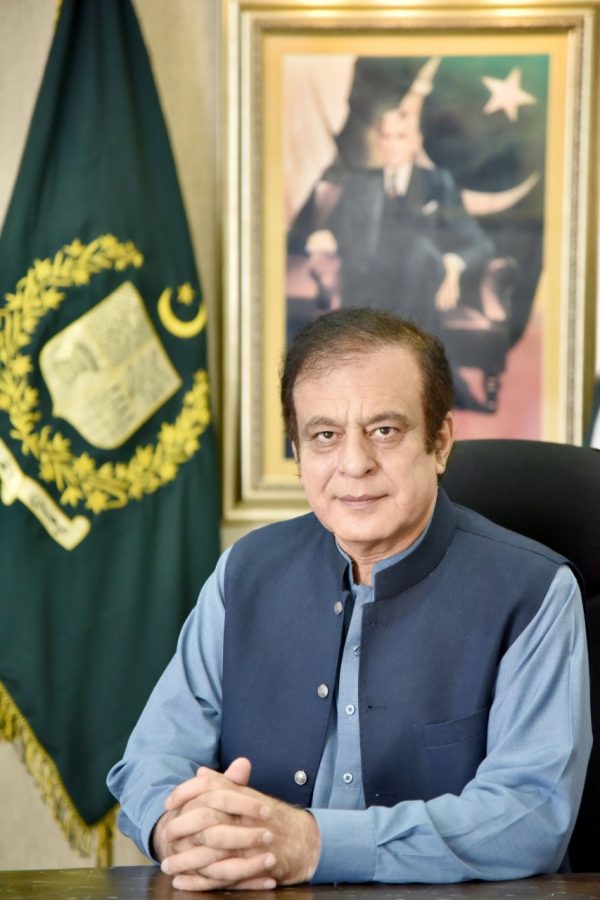Staff Reporter
Federal Minister for Science and Technology, Shibli Faraz Tuesday urged the universities to play their part in science and knowledge diplomacy.
He was addressing at an international webinar on the “Role of Science and Technology Universities in Promoting National High-Tech Growth” at National University of Science and Technology (NUST).
He stated that universities were helping shift the focus of the world slowly but gradually from geopolitical competition to knowledge-based cooperation.
In today’s world, there is an urgent need to promote peace-enhancing diplomacy rather than diplomacy driven by war and conflict,” he added.
Shibli Faraz said that the government was keenly aware that long-term growth of the country depended on successful development of national systems of innovation and a mature knowledge economy based on a favourable economic and institutional regime, high-quality human resource development, multi-type innovation driven by science and technology, and promotion and utilisation of advanced information and communications technologies.
Chairman Prime Minister’s Task Force on Science and Technology, Dr Atta-ur-Rahman, shared his vision for improving the Science and Technology (S&T) landscape of the country.
He said that innovation was transforming economies and a comprehensive S&T-based apparatus was a crucial determinant of long-run growth, competitive edge, and economic autarky of a state.
He stated that universities served as the critical nodes of new growth through their inherent diversity, dynamism and the unmatched ability to introduce new ideas and talent.
Pro-Vice-Chancellor Research and Innovation at the University of Surrey, UK, Professor David Sampson highlighted the crucial role of universities in national development.
Air Vice Marshal (Retd) Dr Rizwan Riaz, Pro-Rector Research, Innovation and Commercialisation at NUST, stressed the need for leveraging all channels of science and technology for high-tech national growth.
Pakistan, in his view, is full of talent that should be nurtured and encouraged through better opportunities.
Dr Malcolm Parry OBE, pointed out that in terms of capacity, the global population of university graduates was expected to nearly double over this decade and reach 300 million by 2030.
He said national and international policy decisions sit at the heart of the win-win model for science and technology.










